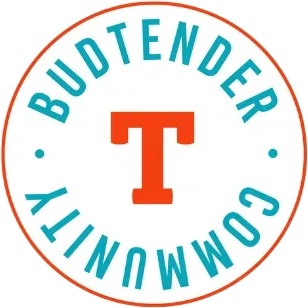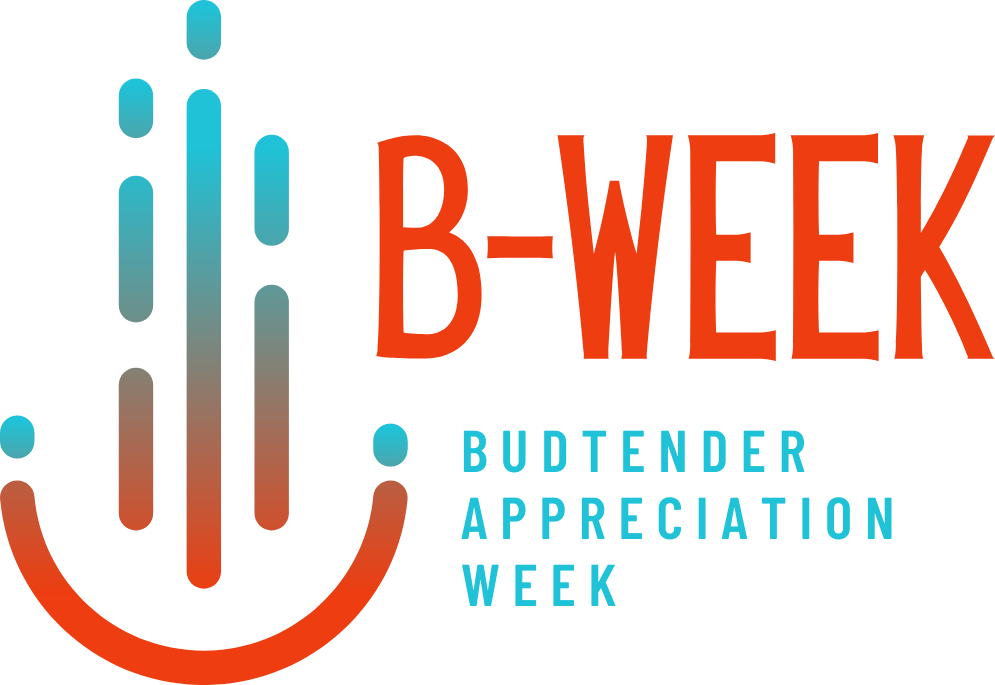
Humans have a long history with the cannabis plant.
Some experts suggest that it is one of the oldest cultivated agricultural crops.
Both hemp seeds and flowers were reportedly once eaten by ancestral communities. Cannabis flowers were also included with other crude herbal preparations, such as beer and saffron, as early forms of medicine.
While there is substantial evidence that cannabis was used in ancient cultures for its medicinal and psychoactive properties, the plant also provided a valuable source of nutrition.
In fact, theorists suggest that foods and medicines may have been considered the same thing by many ancient cultures.
For example, in Cannabis: Evolution and Ethnobotany by Robert Clarke and Mark Merlin, the authors write:
“Many things were [in ancient cultures] purely medicines, but medicines often became food if people learned to like them; many foods became merely medicines when people stopped relishing them, and all foods were considered to have medical value, positive or negative, with important effects on health.”
Cannabis isn’t always thought of as a vegetable. Yet, like other leafy greens, there are some potential benefits to incorporating the plant into a healthy diet.
Cannabis is unique among flora due to its ability to produce cannabinoids like cannabidiolic acid (CBDa), as well as the more famous compounds cannabidiol (CBD) and tetrahydrocannabinol (THC).
While THC and CBD are often considered more powerful, here is a brief summary of early findings on the benefits of raw CBDA:
What is cannabidiolic acid (CBDa)?
Believe it or not, CBD is present on growing cannabis plants in only very small amounts. In growing plants, CBD exists as cannabidiolic acid (CBDa). It isn’t until the plant is cut, dried, and heated that CBD is formed. CBD is a calming phytochemical that does not cause a psychotropic experience.
Cannabis flowers go through major transformations as they dry. In fresh flowers, the active components are found as acids. When cannabis is dried and heated, these acids break down into more famous compounds like THC and CBD. THC is the primary psychoactive in the cannabis plant.
Cannabinoids like THC and CBD, which have been studied over the past four decades, have long been thought of as the main therapeutic compounds in the cannabis plant. However, emerging preclinical evidence suggests that there may be some benefit to keeping the plant raw.
Here, “raw cannabis” refers to fresh leaves and flowers that have not been dried, cured, or heated.
CBDa is one of an estimated 113 compounds known as cannabinoids in the cannabis plant.
Unfortunately, the majority of cannabis research has focused on psychoactive THC or activated CBD, not CBDa. This means that the little information that is available is subject to change and is considered preliminary evidence at best.
CBDa transforms into CBD through a process called decarboxylation. Baking, lighting, or heating cannabis removes the acid group from CBDa and transforms it into CBD.
While clinical trials are lacking, many medical cannabis patients utilize activated CBD as their primary treatment while adding in raw cannabis juices, smoothies, and foodstuffs as additional support.
What are the benefits of CBDa?
Unfortunately, substantial research on CBDa is lacking. However, preliminary research in the lab suggests that CBDa may be helpful in four distinct therapeutic areas. These include:
- Inflammation

CBDa can bring that inflammation down.
Laboratory research performed in cell cultures has found that CBDa has potential anti-inflammatory properties. A 2008 experiment published in Drug Metabolism and Disposition has found that CBDa is a selective COX-2 inhibitor.
Simply explained, COX-2 is an enzyme that plays a role in the development of pro-inflammatory compounds called prostaglandins. This enzyme is a target of non-steroidal anti-inflammatory drugs (NSAIDS), like aspirin and ibuprofen.
Inflammation is a natural and important response to stress, injury, and illness. However, chronic inflammation is painful and can be detrimental to health. Arthritis is one example of a chronic inflammatory condition.
The 2008 research discovered that naturally occurring CBDa selectively blocked the COX-2 enzyme, reducing its ability to synthesize pro-inflammatory compounds. The researchers found that CBDa was more successful than its counterpart, tetrahydrocannabinolic acid (THCA).
- Nausea & vomiting

This is one case where CBDa may be more powerful than CBD.
As it turns out, some raw cannabis juice might be helpful for a queasy stomach. At least, if rodent research has anything to say about the subject.
A 2012 study published in the British Journal of Pharmacology has found that CBDa treatment reduces nausea behaviors in rodents.
The study also found that the cannabinoid reduced vomiting in shrews. When compared to activated CBD, the researchers found that CBDa was actually more powerful in quieting an upset stomach.
- Anti-cancer

You’re also going to need THC to help fight that cancer.
Research from 2012 has found that CBDa effectively halted migration in breast cancer cells cultured outside of the body. While experiments conducted in petri dishes are no comparison to clinical human trials, the cannabinoid did show some positive effects against a highly invasive form of breast cancer.
Specifically, the CBDa treatment seemed to prevent the migration of breast cancer cells. In theory, a therapy that stops cancer cell migration would prevent the disease from spreading to other parts of the body.
Cell culture research from 2014 had similar findings, suggesting that treatment with raw CBDa altered the expression of genes associated with invasive breast cancer metastasis. The cannabinoid also down-regulated the enzyme COX-2, which can amplify breast cancer migration.
- Psychosis

Could CBDa help people with psychiatric challenges?
As with almost all cannabis research, high-quality studies on CBDa for anxiety are sorely needed. However, one biopharmaceutical company already has a patent on CBDa for the potential treatment of psychotic disorders.
Britain’s GW Pharmaceuticals included CBDa into a patent on the use of cannabinoids in conjunction with antipsychotic medications. The patent also included the cannabinoids CBD, THCV, THCVA, CBC, CBCA, CBG, and CBGA.
How do you use CBDa?
High levels of CBDa can be found in raw materials taken from high-CBD cultivars. This includes hemp cultivars as well as CBD-dominant plants sold in medical and legal cannabis dispensaries.
There are several ways to incorporate CBDa into your diet, including:
- Tinctures
- Juices
- Smoothies
- Salads
- Salad dressings
- Cold sauces
- Garnishes
- Lightly steamed leaves
Raw cannabis flowers and leaves can be refrigerated like any other herb or leafy vegetable. For best results, keep them in a crisper and consider wrapping them in kitchen cloth.
Cannabis leaves can be chopped up and used like any other herb, such as parsley or oregano, to add flavor and increase the nutrient profile of a dish.
– This article was originally posted at Green Flower
About CannabisNewsWire
CannabisNewsWire (CNW) is an information service that provides (1) access to our news aggregation and syndication servers, (2) CannabisNewsBreaks that summarize corporate news and information, (3) enhanced press release services, (4) social media distribution and optimization services, and (5) a full array of corporate communication solutions. As a multifaceted financial news and content distribution company with an extensive team of contributing journalists and writers, CNW is uniquely positioned to best serve private and public companies that desire to reach a wide audience of investors, consumers, journalists and the general public. CNW has an ever-growing distribution network of more than 5,000 key syndication outlets across the country. By cutting through the overload of information in today’s market, CNW brings its clients unparalleled visibility, recognition and brand awareness. CNW is where news, content and information converge.
To receive instant SMS alerts, text CANNABIS to 21000 (U.S. Mobile Phones Only)
For more information please visit https://www.cannabisnewswire.com
Please see full terms of use and disclaimers on the CannabisNewsWire website applicable to all content provided by CNW, wherever published or re-published: http://CNW.fm/Disclaimer
Do you have a questions or are you interested in working with CNW? Ask our Editor
CannabisNewsWire (CNW)
Denver, Colorado
www.cannabisnewswire.com
303.498.7722 Office
Editor@CannabisNewsWire.com
This article contains Third-Party Content submitted by third parties, including articles submitted through the CNW Premium Partnership Program. All opinions, statements and representations expressed by such third parties are theirs alone and do not express or represent the views and opinions of CNW or its affiliates and owners. Content created by third parties is the sole responsibility of such third parties, and CNW does not endorse, guarantee or make representations concerning the accuracy and completeness of all third-party content. You acknowledge that by CNW providing you with this internet portal that makes accessible to you the ability to view third-party content through the CNW site, CNW does not undertake any obligation to you as a reader of such content or assume any liability relating to such third-party content. CNW expressly disclaims liability relating to such third-party content. CNW and its members, affiliates, successors, assigns, officers, directors, and partners assume no responsibility or liability that may arise from the third-party content, including, but not limited to, responsibility or liability for claims for defamation, libel, slander, infringement, invasion of privacy and publicity rights, fraud, or misrepresentation, or an private right of action under the federal securities laws of the United States or common law. Notwithstanding the foregoing, CNW reserves the right to remove third-party content at any time in its sole discretion.



















